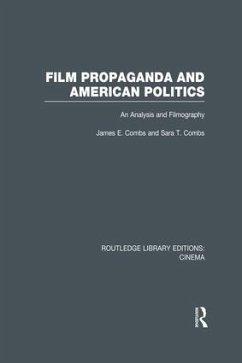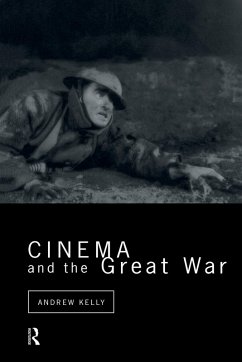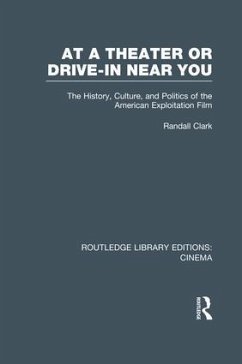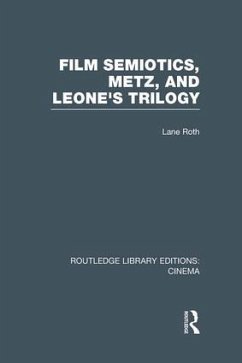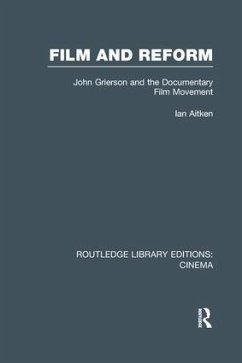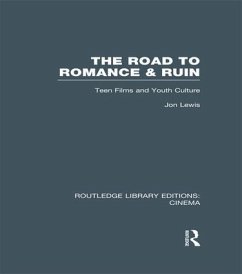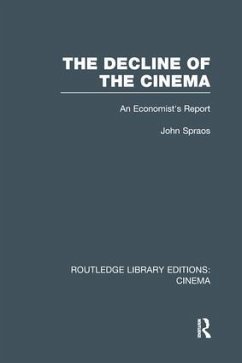
Quentin Tarantino

PAYBACK Punkte
25 °P sammeln!
Quentin Tarantino is arguably one of the most important figures in contemporary cinema. This book provides an introduction to the practical and creative elements of his work without descending into technicalities. It looks at the film culture out of which Tarantino's work emerges and which informs our ways of reading it. It also examines the connections between his work and the thoughts and ideas deeply implanted in American culture, what are so often called 'American Dreams'. Highlighting different facets of Tarantino's achievements, this book will appeal to undergraduates studying modern cin...
Quentin Tarantino is arguably one of the most important figures in contemporary cinema. This book provides an introduction to the practical and creative elements of his work without descending into technicalities. It looks at the film culture out of which Tarantino's work emerges and which informs our ways of reading it. It also examines the connections between his work and the thoughts and ideas deeply implanted in American culture, what are so often called 'American Dreams'. Highlighting different facets of Tarantino's achievements, this book will appeal to undergraduates studying modern cinema or American film.





